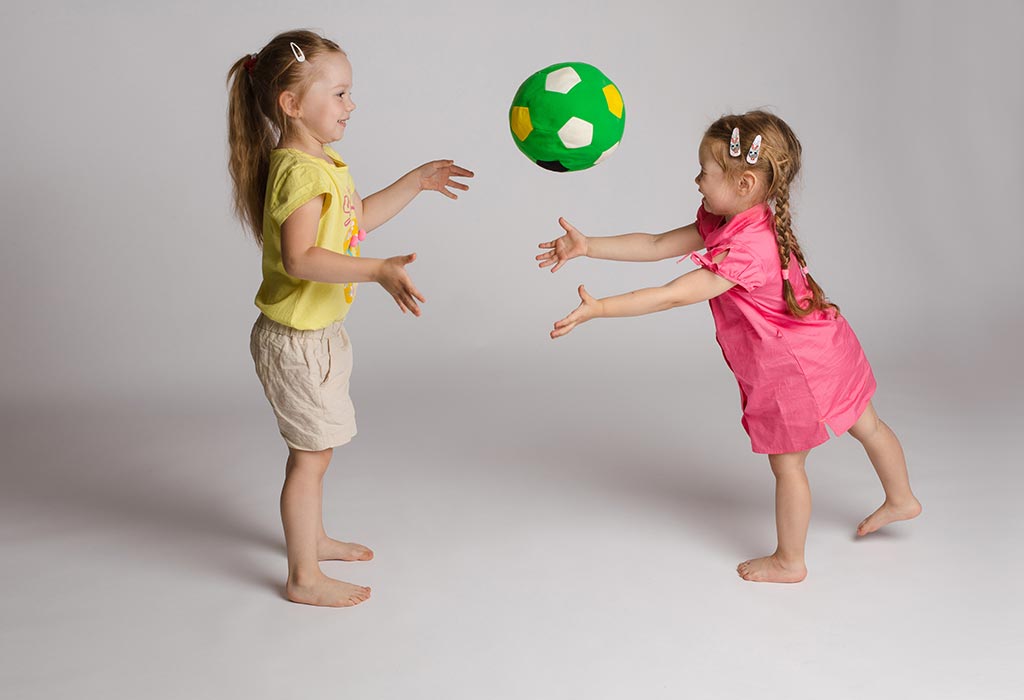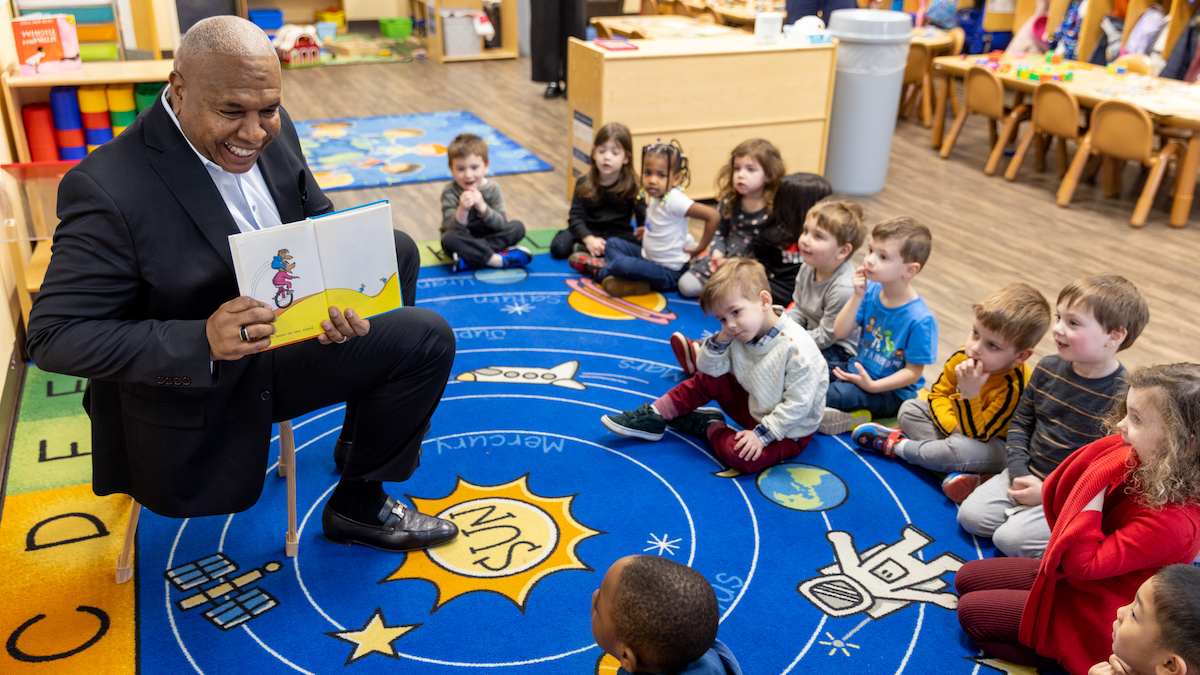Introduction
A toddler’s brain is highly absorptive he or she experiences a phase of creating, breaking, and recreating (neural connections) at the highest pace. Participants of both educational and social backgrounds were shown to experience a great improvement in cognitive, social, and even emotional development.
Interactive Storytime
One of the best methods to develop language when it comes to toddlers is reading together. Opt for picture books with bright and clear drawings and simple stories that draw your child in. Get down to their level and prompt them with actions such as turning pages, pointing at pictures, and mimicking sounds. Because of this, ask questions about the story to help your child with comprehension and verbal expression. This interactive strategy will develop one’s vocabulary and listening skills.
Music and Movement
To learn the ABC or 1,2,3, music can be used as it stimulates multiple areas in the brain and helps increase memory coordination and auditory skills. Turn on music, challenge your toddler to dance, or sing and clap along at the same time. Some even come with basic musical instruments, like simple tambourines or maracas. In addition to enhancing brain development, music also improves physical coordination and rhythm.
Building and Construction Play
Wooden building blocks or construction toys promote problem-solving and begin an awareness of space. Include different shapes and sizes so your child can stack, sort, and build. Developers use such activities to help improve hand-eye coordination, fine motor skills, and creative thinking, which is vital for your youngster’s development process. Talking about colors, shapes, and sizes during play also boosts vocabulary.
Art and Craft Activities
Art projects promote creativity and imagination as well help improve fine motor skills. Provide crayons, markers or finger paints to draw/paint. Offer artistic liberties having your toddler mix colors and textures on their own, doing whatever their little heart desires. Which is good for Focus and Hand-eye coordination, you do simple crafts like cutting paper or stick stickers into a piece of paper. Through the art activities, a chance for self-expression and emotional development.
Nature Exploration
IN nature curiosity & observation Again, take your toddler out in open air park or a Garden showing different plants, animals and elements of nature. Gather leaves, rocks, flowers to look at later; They learn scientific vocabulary which helps identify and create awareness about the universe at a very young age.
Puzzles and Sorting Games
Such activities include, but are not limited to, simple puzzles and sorting games, which stimulate cognitive development and problem-solving. Opt for puzzles that are designed to match your baby’s age, with big pieces and colourful images. Sorting activities are perfect for categorization and too for logical thinking by grouping objects as by color or shape. Your little one will have to learn to keep trying and persevere till the end, which teaches concentration.
Cooking Together
Cooking with toddlers is a (dare I say?) fun and engaging activity that offers little ones a rich, multisensory learning experience. Get help from them in stirring or pouring, Or even with washing the vegetables. Use this opportunity to teach vocabulary such as the names of different ingredients, textures and flavours. Working as a team in the kitchen will teach counting, measuring basics, and encourage healthy eating habits.
Sensory Play
The advantage of sensory play is that it can involve multiple senses and help support brain development. Fill sensory bins with sand or rice and give the children tools to scoop and pour. Let your toddler get messy with different textures and play around with cause-and-effect. Fine motor and cognitive development is promoted through an array of sensory activities that encourage artistic expression.
Pretend Play
Pretend play enables your toddlers to behave as in different roles and scenarios, and help them lies the foundation for social-emotional development. This way, you give them something to work with and there are less chances for distraction while they are pretending. You can also provide props such as dolls, kitchen sets or even grown-up costumes to spark their creativity which makes it more interesting for the child also. Teach your child to make up stories and pretend they are the characters in the story. Through pretend play and creating imaginary scenarios, children learn to interact effectively when faced with different social situations.
Conclusion
Doing educational activities with your toddler are key to helping brain development for future learning! You can promote cognitive, social and emotional growth by simply incorporating interactive story time into the day as well as music, brain building play, art…etc. These enjoyable activities not only aid in development, but also allow you to bond with your child and fill their memory bank of learning experiences. Adopting these habits ensures a wholesome development in the potential of your toddler leading to a shining future.


